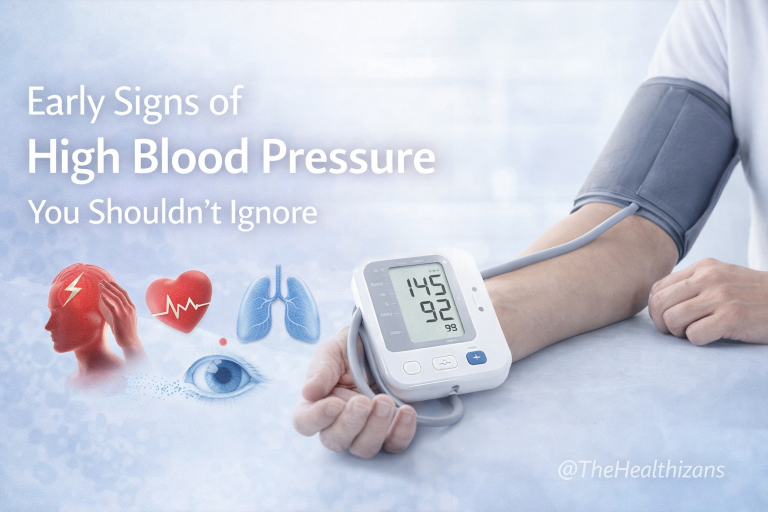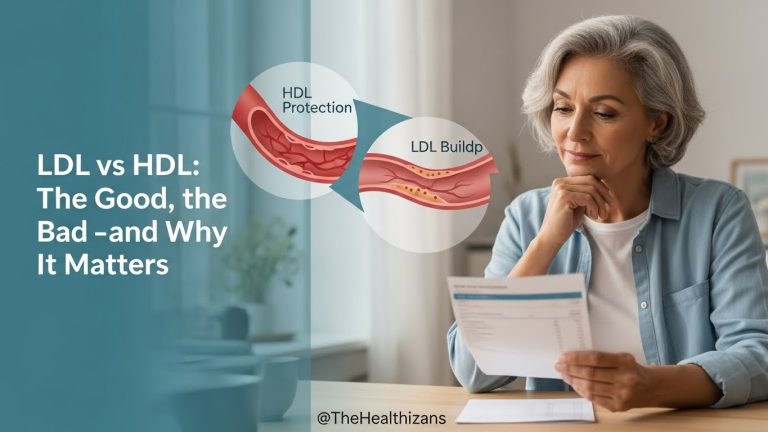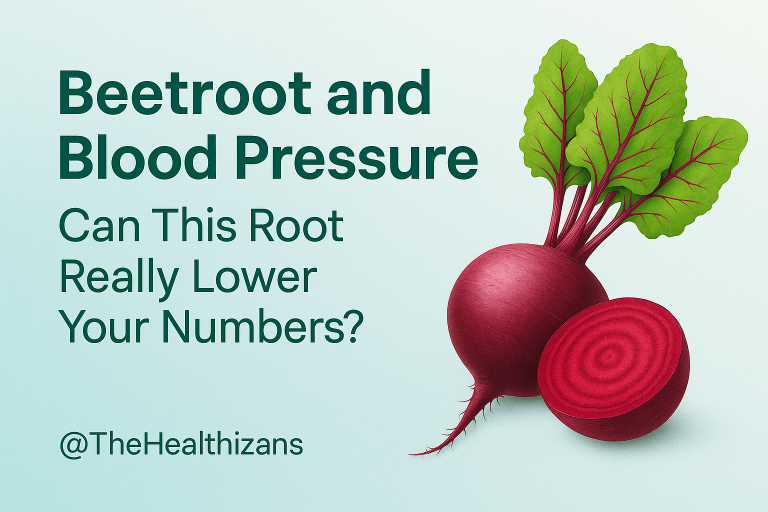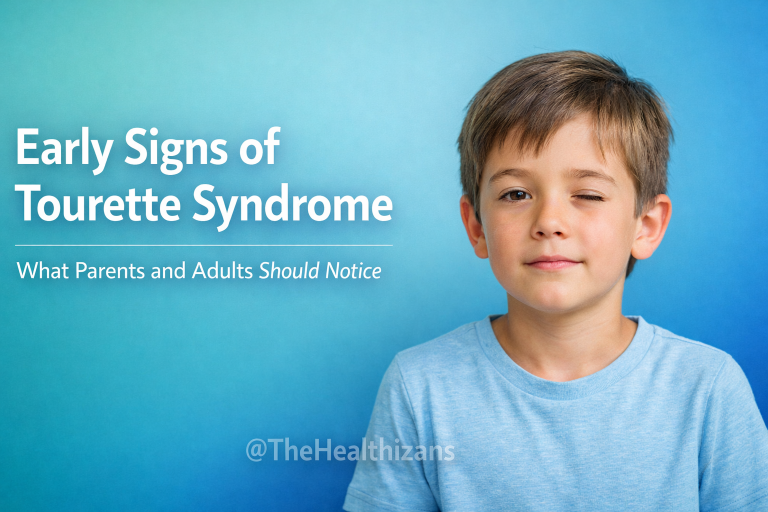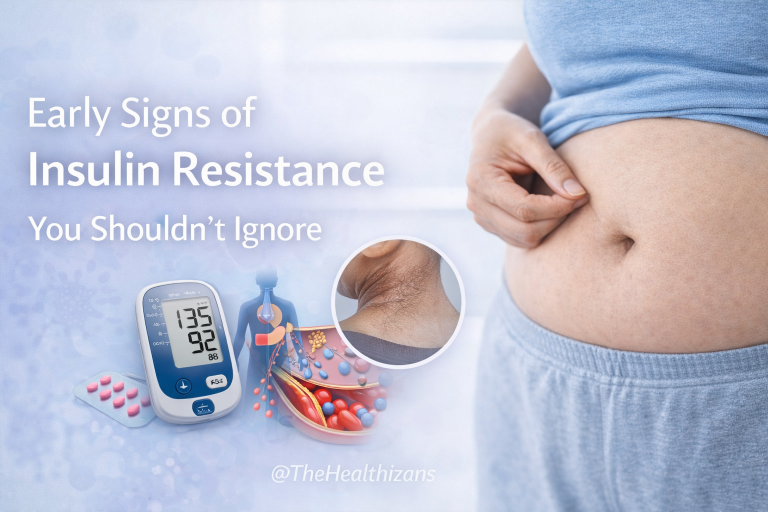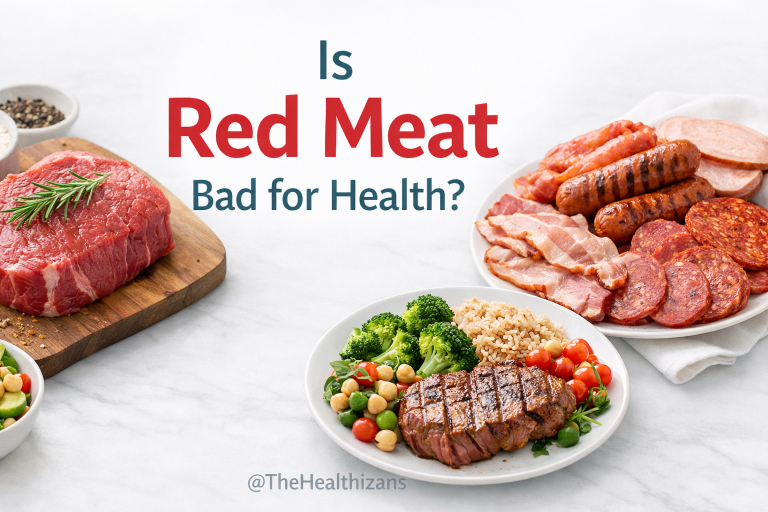
Stress is something all of us face — deadlines, family responsibilities, financial pressure, busy commutes, or simply the pace of modern life. Yet beyond the tension headaches or restless nights, chronic stress quietly influences one of the most important markers of long-term health: your blood pressure. Understanding how stress affects blood pressure is essential for prevention, especially as hypertension continues to rise globally.
This article explores what happens inside your body when stress strikes, why chronic stress and high blood pressure often go hand in hand, and the practical steps you can take to protect both your mind and your heart.
What Happens Inside Your Body When You’re Stressed
Stress triggers your sympathetic nervous system — the same system responsible for the “fight-or-flight” response. Once activated, it sets off a chain reaction designed to keep you safe. Adrenaline and cortisol surge through your bloodstream, your heart beats faster to deliver oxygen quickly, and your blood vessels tighten to prioritise blood flow to essential organs. Digestion slows, your muscles tense, and your body becomes primed for action.
These responses are helpful in dangerous or short-lived situations. However, when stress becomes constant — triggered by work demands, caregiving burdens, financial uncertainty, or chronic worry — your body stays in this heightened mode for too long. Over time, those repeated surges in heart rate and blood vessel constriction can keep your blood pressure elevated even at rest.
This is where the problem begins.
How Chronic Stress Leads to Long-Term High Blood Pressure
Stress does not cause hypertension on its own, but it creates the perfect environment for it to develop and worsen. The biology is only one side of the story — behaviour is the other.
When stress lingers, people often turn to coping habits that raise blood pressure indirectly. Eating becomes more emotional and convenience-driven, sleep becomes erratic, movement decreases, and alcohol or cigarettes may feel like temporary relief. Even medication routines or regular check-ups can slip when mental bandwidth is stretched thin.
Together, these patterns keep blood pressure elevated and make recovery much harder. It becomes a cycle: stress raises blood pressure → high blood pressure increases tension → stress worsens.
This same connection is explored further in our article on How Blood Pressure and Stress Are Connected, which you may find helpful if you want to understand the full physiological link.
A Global Problem With Local Realities
Stress-related hypertension is not restricted to any region or class. The World Health Organization reports that stress plays a major role in noncommunicable diseases worldwide — especially cardiovascular disease. Yet the triggers often differ from place to place.
In Nigeria, rapid urbanisation, economic pressures, and high-demand work environments are escalating workplace stress. In the UK, more than 74% of adults reported feeling stressed in the past year, with nearly a third experiencing physical health effects. Across Asia’s major cities, long working hours, traffic density, and increasing screen time are linked to rising blood pressure in younger adults.
Despite these differences, the biological outcome is the same: chronic stress drives your blood pressure up, quietly affecting long-term health.
Practical Ways to Manage Stress and Protect Your Blood Pressure
You cannot eliminate stress, but you can influence how your body responds to it. And the good news is that the most effective tools are simple, accessible, and supported by strong evidence.
Deep breathing is one of the quickest ways to calm the nervous system. Techniques like box breathing — inhaling, holding, and exhaling in four-second intervals — slow the heart rate and relax constricted blood vessels. Even one or two minutes can reset your stress response.
Movement is equally powerful. Regular walks, stretching routines, yoga, and low-impact exercise reduce cortisol levels and improve cardiovascular resilience. You don’t need a gym — just consistency.
Sleep is another pillar. Aiming for 7–9 hours of restful sleep each night helps stabilise hormones, including those linked to stress and blood pressure regulation. Setting a consistent sleep schedule and limiting screen time before bed can make a remarkable difference.
Limiting caffeine and alcohol, staying hydrated, and seeking social support — whether through a phone call, community group, or mental health professional — also create a buffer against stress.
Finally, taking small daily “unplug” moments allows the nervous system to reset. Even 10–15 minutes away from screens, noise, and rapid stimulation can help your body disengage from the stress cycle.
Final Word
Stress is not just something you “feel” — it has physical consequences that affect your heart, blood vessels, and overall wellbeing. If you’ve been feeling overwhelmed, it might be time to check in with your coping tools as intentionally as you check your blood pressure.
Managing stress is heart care. And the sooner you support both, the better your long-term health outcomes will be.
Sources
- Nigerian Journal of Psychology (2021). Workplace Stress in Urban Nigeria.
- World Health Organization (2023). Mental Health and Noncommunicable Diseases.
- Mayo Clinic (2022). Stress and High Blood Pressure.
- American Heart Association (2023). How Stress Affects Your Heart.
- UK Mental Health Foundation (2023). Stress Statistics.
